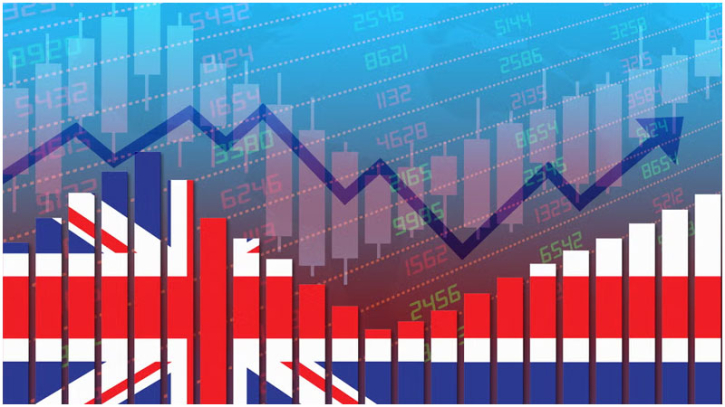UK inflation hits 3.6%, more than expected in June

The United Kingdom's annual inflation rate hit a hotter-than-expected 3.6% in June, according to data released by the Office for National Statistics (ONS) on Wednesday.
Economists polled by Reuters had anticipated inflation would reach 3.4% in the twelve months to June, after it hit 3.4% in May.
June core inflation, which excludes more volatile energy, food, alcohol and tobacco prices, rose by an annual 3.7%, up from 3.5% in the twelve months to May.
The British pound rose almost 0.2% against the dollar, to $1.3406, following the data release.
"Inflation ticked up in June driven mainly by motor fuel prices which fell only slightly, compared with a much larger decrease at this time last year," Richard Heys, acting chief economist at ONS, commented on the data.
"Food price inflation has increased for the third consecutive month to its highest annual rate since February of last year. However, it remains well below the peak seen in early 2023," he added.
U.K. Finance Minister Rachel Reeves said the data showed that "working people are still struggling with the cost of living" and said the government had more work to do to help ease the pressure on consumers.
The inflation data will be closely watched by the Bank of England as it tries to determine the trajectory for interest rates amid a stubbornly high inflation rate and lackluster economic growth.
In an inflationary environment, central banks usually opt to maintain a higher key interest rate to encourage more saving and less spending in order to slow down price increases. The U.K.'s low-growth environment — the latest data showed the economy unexpectedly shrank again in May — is also a worry for the BOE, however.
As such, economists expect BOE policymakers to cut rates by 25 basis points at their next gathering in August.
"While price growth remains far above target, the U.K. economy contracting for a second straight month in May means the Bank is likely to look through the volatility in this inflation reading and proceed with a rate cut in August," Adam Deasy, economist at PwC, said Wednesday in emailed comments.
"Tomorrow's payroll data release, the last major data release before the next MPC meeting, may spark the Bank into action to support an economy that increasingly looks like it needs a lift."
.png)




